On December 1st, Sight & Sound magazine will announce the results of its once-a-decade poll, surveying global critics, directors, and industry professionals to rank the greatest films of all time. Since 1952, Sight & Sound has conducted this poll every ten years, expanding the scope of participants who submit top ten lists. In 2012, the magazine received 846 top-ten lists from 73 countries, totaling 2,045 different films. This year, more than 1,600 critics have voted, nearly doubling the size of contributors. Back in July, The Movie Buff challenged its critics to submit their top 10s. And while our sample size is a fraction of Sight & Sound’s reach, the range of films and filmmakers included might be a harbinger of change at the top—or the bottom—of this decade’s list.
In anticipation of the list’s unveiling (the critics’ list will be announced alongside the directors’ list, which Sight & Sound started in 1992), we’re offering a preview, with some bold (and not so bold) predictions on what might change (or not change). The ascension of “Vertigo” into the top slot—surpassing “Citizen Kane,” the number one film since 1972—was a long time coming. But the 2022 list, larger and wider in scope, could signal that change happens gradually, then suddenly. With much debate about what belongs in the canon, this year could rattle the old guard, elevating newer films and recognizing singular cinematic voices that for so long had been regarded as secondary.
Ahead of the big reveal, we lay out predictions on what might be included, excluded, dismissed, or elevated from this year’s list. Ten years have passed since “Vertigo” was crowned the greatest movie of all time. And while it might take some time to see movement among the highest-ranked films, there’s bound to be long-overdue shuffling throughout the list.
Bold prediction: L.A. Rebel Yell
The L.A. Rebellion film movement bloomed throughout the 1970s, flying under the radar while celebrated New Hollywood auteurs thrived critically and commercially. Charles Burnett and Julie Dash were two of the most important filmmakers to emerge from this generation of Black filmmakers who graduated from UCLA, and Burnett’s tender, wrenching debut “Killer of Sheep” (1978) could nudge its way into the top 100, after receiving eight votes and ranking 202nd in the 2012 poll. Dash’s “Daughters of the Dust” (1991) was the first feature film directed by a Black woman to be distributed theatrically in the U.S. It’s an epic, melodious family saga that famously served as an inspiration for Beyonce’s celebrated visual album “Lemonade” (2017). Dash’s film could make the cut on its merit alone. However, the Beyonce bounce shouldn’t hurt, with that reference point fresh in this year’s voters’ minds.
Not So Bold: The List Gets Younger
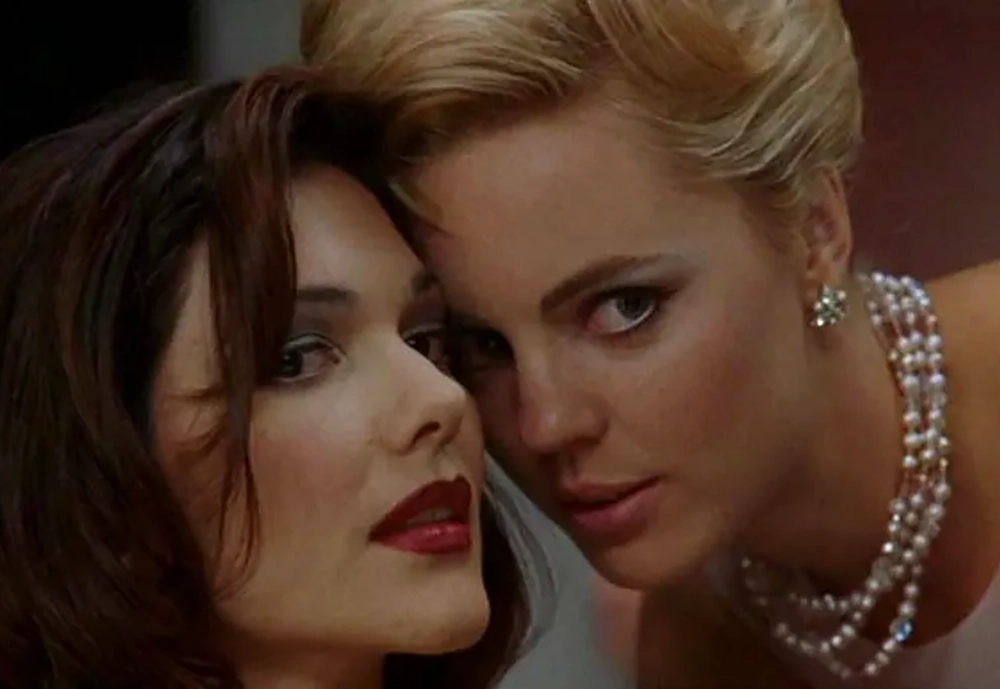
Only two films from the 21st Century made the cut in 2012. These were Wong Kar Wai’s dreamy romance “In the Mood for Love” (2000) and David Lynch’s nightmarish neo-noir “Mulholland Drive” (2001), polling at 24 and 28, respectively. Even with a short time removed from their release dates, Terrance Malick’s “Tree of Life” (2011) and Paul Thomas Anderson’s “There Will Be Blood” (2007) made a dent in 2012. They collected 16 and 8 votes, respectively, with Malick’s film almost making the list, ranking at 102nd. This year, both should get over the hump, and could have company: Jane Campion’s “The Piano” (1994), though not a product of the 21st Century, could get a bump from Campion’s recent resurgence, a Criterion release in 2022, building on a strong showing in 2012, nabbing five votes and ranking 235th in the critics’ poll.
Bold: Independents Thrive
There was plenty of overlap between the 2012 directors’ poll and the critics’ poll, although the former was a sample of less than half (358 total) of the top ten lists received. With this poll’s larger sample size, some of directors’ favorite directors should enter the critics’ poll too. John Cassavetes, for example, had four films in the directors’ top 100, and none in the critics’ poll. His “A Woman Under the Influence” (1974, tied at 59 in the directors’ poll with ten votes) seems the most likely top 100 entrant. However it’s possible “Opening Night” (1977, tied at 91 with 7 votes)—another harrowing melodrama with a deeply unsettling and affecting performance by the great Gena Rowlands—could make headway, too. Watch out for Barbara Loden’s “Wanda” (1970), which Criterion restored and released in 2019, a gritty and unforgettable indie masterpiece that had 8 votes, good for a tie at 202nd in 2012. There are some other trailblazing directors that should gain ground. Jim Jarmusch’s “Stranger than Paradise” (only two critic votes but four directors’ votes), Spike Lee’s “Do The Right Thing” (13 critics, five directors) and Ousmene Sembene’s “Black Girl” (five critics, two directors) rank among these.
Not so Bold: Westerns Lag
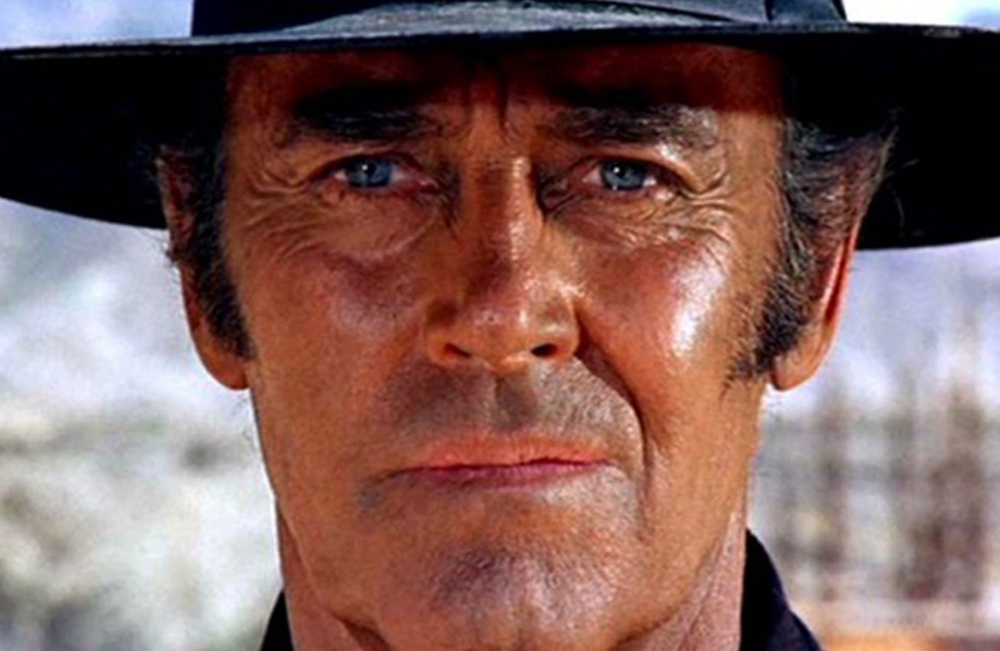
John Ford’s “The Searchers” (1956) has bounced around the top ten since 1982, and it peaked at fifth in 1992. In 2012, it was seventh, but the Western’s popularity has waned. This is notwithstanding the success of its revisionist cousins this century (“Power of the Dog” in 2021, “Meek’s Cutoff” in 2010). And that dynamic could leave Ford’s film and some of its other top 100 brethren (Howard Hawks’ “Rio Bravo,” previously at 63, Sergio Leone’s “Once Upon a Time in the West” at 78, and Sam Peckinpah’s “The Wild Bunch” at 84) caught in the crosshairs.
Bold-ish: Category-killers Climb
Chantal Akerman, Jean-Luc Godard, and David Lynch all made strong showings in the 2012 poll. Given that, I expect both their rankings and representation to improve. Akerman’s daring achievement, “Jeanne Dielman, 23 quai du Commerce, 1080 Bruxelles” (1975) was tied at 35 with 34 votes. And this film, a 3 1/2 hour dissection of the mundane-yet-frightening routine of a single mother could climb as high as the top 20. Further, Akerman, who died by suicide in 2016, could see some of her groundbreaking experimental films such as “News from Home” (1976) and “Je Tu Il Elle” (1974) grab some votes, too.
Godard, who died this year, was well spoken for in 2012, both with his own films and from the many directors he influenced including Martin Scorsese (two films in the top 100) and Akerman, who said Godard’s “Pierrot le Fou” (1965) made her want to be a filmmaker. Godard had four films in the top fifty (including “Pierrot” at 42), and a few of his New Wave-era films (“Vivre Sa Vie,” “Weekend,” or “Band of Outsiders”) could claim spots in the polls, breaking a tie with Alfred Hitchcock for the most films in the top 100. Lastly, there’s David Lynch, whose surrealist trip “Mulholland Drive” (2001)—a riff/homage/copycat of defending champ “Vertigo”—was the newest film to rank in the top thirty. Lynch should have at least two films (“Blue Velvet” was 69), and could have as many as four. “Eraserhead” had nine votes in 2012 and “The Lost Highway” had no votes. But recently restored and released in theaters and on DVD/Blu-ray, they may be in the conversation this time around.
Not so Bold: ‘Vertigo’ Stays at #1, ‘Kane’ in Second
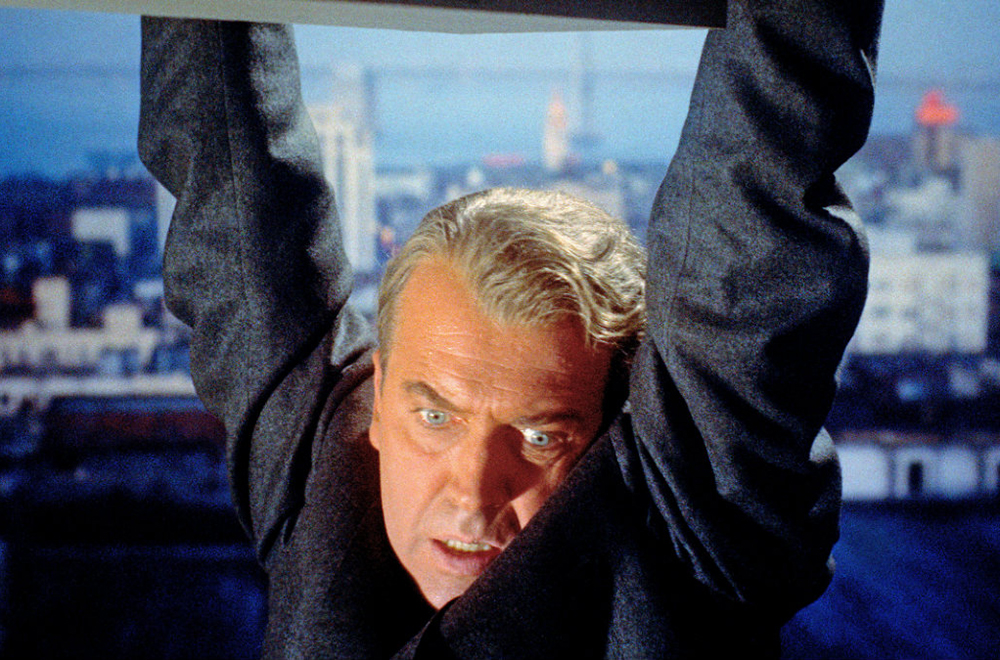
It’s sexy to imagine a dramatic change. But while this year will be the largest poll yet, 2012 was the largest poll at the time. This is a bet that the tastes of those legacy voters won’t change all that much. This is even as the scope and sheer number of films nominated is sure to change. Hitchcock wins again.
Not so Bold: Kubrick in Third
A bolder prediction might have Stanley Kubrick’s “2001: A Space Odyssey” leapfrogging either “Kane” or “Vertigo” in the #1 or #2 position. But gaining three slots in ten years is still a tall task, since it received 90 votes in 2012 compared to 157 for “Kane” and 191 for “Vertigo.” This is a rare film that remains as complex and fresh as when it was first released, and could be a dark horse to take over as greatest in polls to come.
Bold: New Entrants
“Tree of Life” (estimated rank: top 30-50), “There Will be Blood” (60-70), “A Woman Under the Influence” (70-90), “Killer of Sheep” (80-90), “The Piano” (90-100), “Daughters of the Dust” (90-100).
Bold-ish: Bounced from Top 100
“The Mother and the Whore” (T-59th), “Rio Bravo” (T-63rd), “L’Eclisse” (T-73rd), “A Day in the Country” (T-90), “The Wild Bunch” (T-84th), and “The Seventh Seal” (T-93rd).
And, finally, my predicted top ten:
- “Vertigo”
- “Citizen Kane”
- “2001: A Space Odyssey”
- “La Régle de jeu”
- “Tokyo Story”
- “8 ½”
- “Breathless”
- “Bicycle Thieves”
- “Singin’ in the Rain”
- “Seven Samurai”
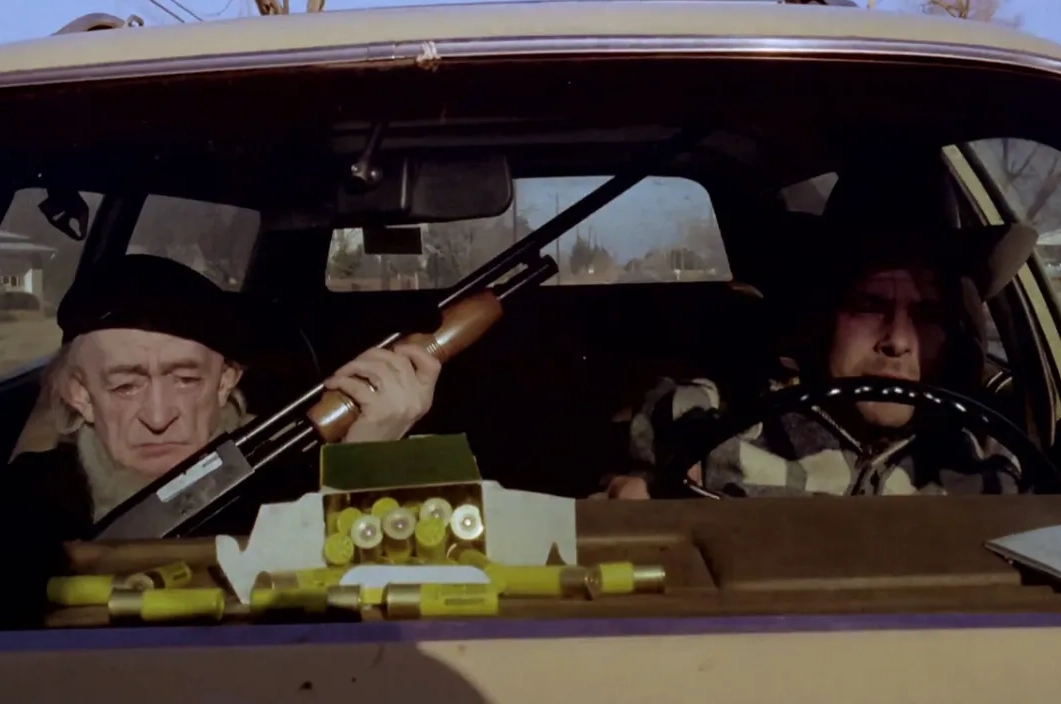
… with my own personal top 10, and each film’s 2012’s ranking, if applicable:
- “Nashville” (73rd)
- “Do The Right Thing” (127th)
- “Goodfellas” (171st)
- “Magnolia” (323rd)
- “A Woman Under the Influence” (144th)
- “Toni Erdmann” (N/A, released in 2016)
- “Wild Strawberries” (63rd)
- “Make Way for Tomorrow” (323rd)
- “Amour” (N/A, released in 2012)
- “Stroszek” (N/A, no votes)
Support the Site: Consider becoming a sponsor to unlock exclusive, member-only content and help support The Movie Buff!

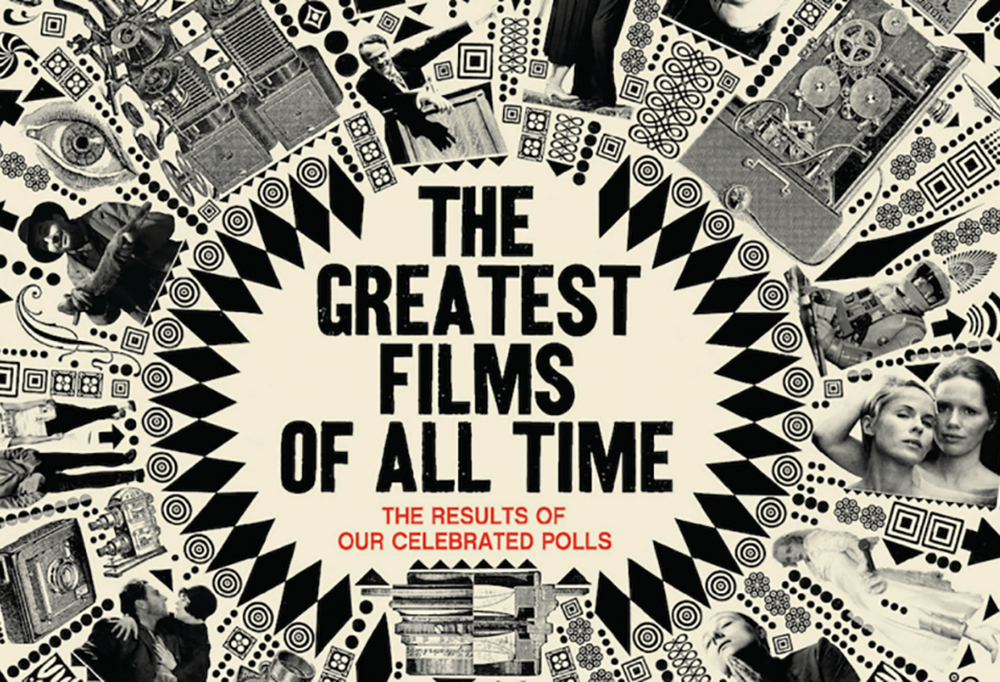
1 Comment
Hi Kevin. I downloaded the 2012 data available on the BFI website (which involved a technique called screen scraping) and I’ve analyzed it a bit.
Do you know if there is a forum that focuses on the BFI poll? A watch party or something? I’m looking around to see if there’s any interest in this data and the methodology of the BFI survey.
My biggest takeaway: there are 2008 movies chosen in the 2012 critics poll, and about 1112 of them appear just once. The votes can be more idiosyncratic than people realize.
It probably occurred to you that the #1 movie in 2012 (Vertigo) only appeared on 1/4 of the ballots. There’s no real consensus about it, and yet, the core of support for the canon probably won’t change. I guess we’ll see.
This was just a little passion project to master network analysis, but I’m hoping the data a) doesn’t die on the vine and b) can extend into an analysis of the upcoming 2022 results. If you think there’s any interest in it, I’d be anxious to hear about it.
Thanks for the writeup!